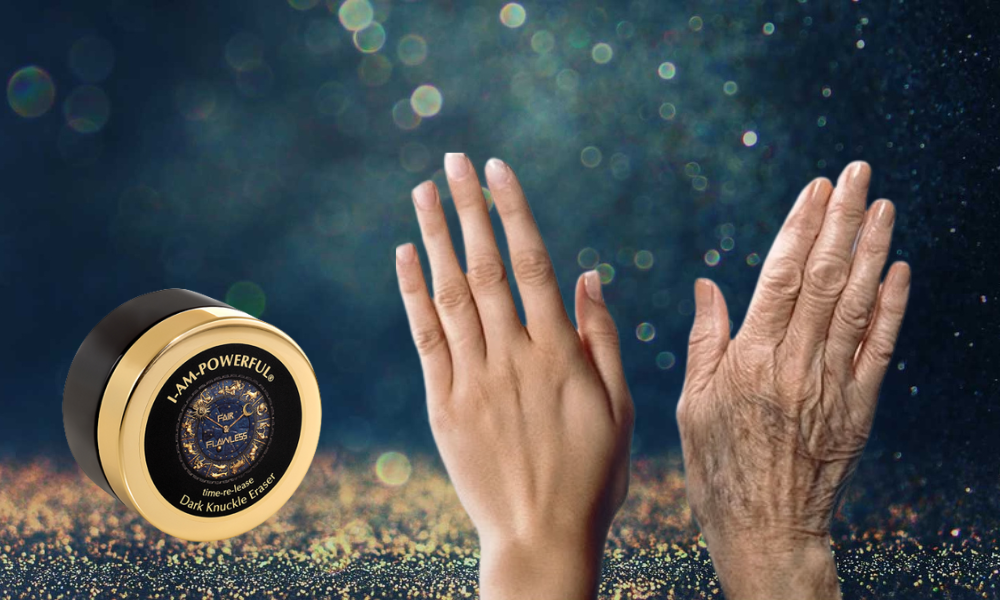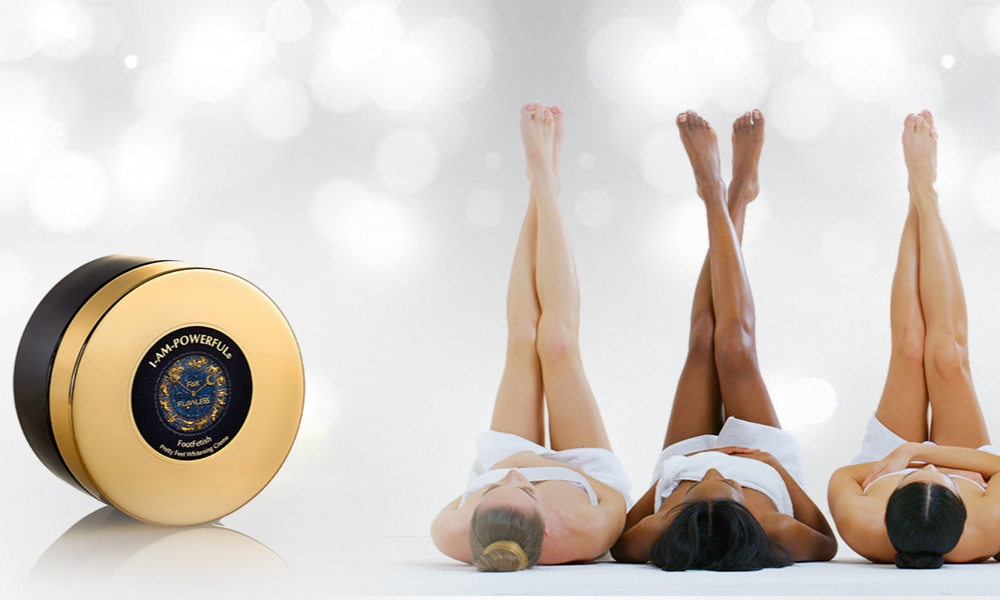You Are Probably Making These Mistakes When Treating Darks Spots On Skin
So, you’ve started to notice dark spots? On skin, these unflattering flat, light brown clumps, also called age or liver spots, can be a nuisance even if your doctor has assured you there is nothing to worry about.
You’ve tried topical creams, skin bleaches and even dermabrasion. No matter what you try, they don’t seem to get any lighter. You’re not alone. Many people make the same mistakes when undergoing treatment for dark spots.

Are you giving up on a treatment too fast?
There may come a point when an approach to treating dark spots on skin just isn’t working for you. You have to know when to switch gears, but that day is a lot further off than you might think. Most treatments actually need months before they start to produce results. Even laser treatments and freezing take several appointments. Remember, you’re trying to undo years of sun damage, so unless you’re having a reaction to your treatment, stick with it.
Are you trying too many treatments at once?
Piling on different treatments in the attempt to speed up the lightening process can have the opposite effect. Several dark spot treatments can be irritating to the skin on their own, so doubling or tripling up can cause inflammation. Be patient and let the treatment do its work. If you do decide to try more than one, incorporate the new treatment slowly and monitor your skin’s reaction.

Are you being consistent?
Whatever treatment you pick, you need to be doing it regularly. UV rays will continue to penetrate your skin, which becomes more sensitive to damage as you age. The longer you delay active, consistent treatment, the more damage you’ll have to undo.
Are you thinking about prevention?
You may think that the appearance of dark spots on skin means the damage has been done, so why bother with sunscreen? Sunscreen actually becomes more important after you start to see UV damage because damaged skin is more susceptible to a range of issues. Even if you’re treating your dark spots effectively, not using SPF will undo all your hard work.
Are you exfoliating?
And, for that matter, are you taking care of your skin in general? Overall skin health is crucial to lightening dark spots on skin. Wash your face regularly and use a moisturizer if your skin feels dry. Exfoliating with a light acid, like glycolic or salicylic, twice a week will slough off dead skin cells and help topical creams penetrate the epidermis to the damaged area.
Make sure you drink enough water, get enough sleep, eat right and exercise while you’re at it. Holistic health is essential to seeing improvements in your skin!











